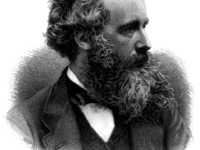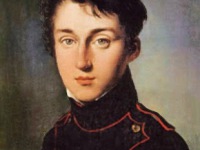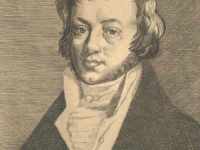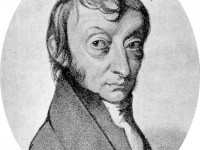James Clerk Maxwell and the Electromagnetic Fields
On June 13, 1831, Scottish physicist James Clerk Maxwell was born. His most prominent achievement was formulating a set of equations that united previously unrelated observations, experiments, and equations of electricity, magnetism, and optics into a consistent theory. According to his theory he has demonstrated that electricity, magnetism and light are all manifestations of the same phenomenon, namely the electromagnetic field. This has been called the “second great unification in physics”, after the…
Read more





